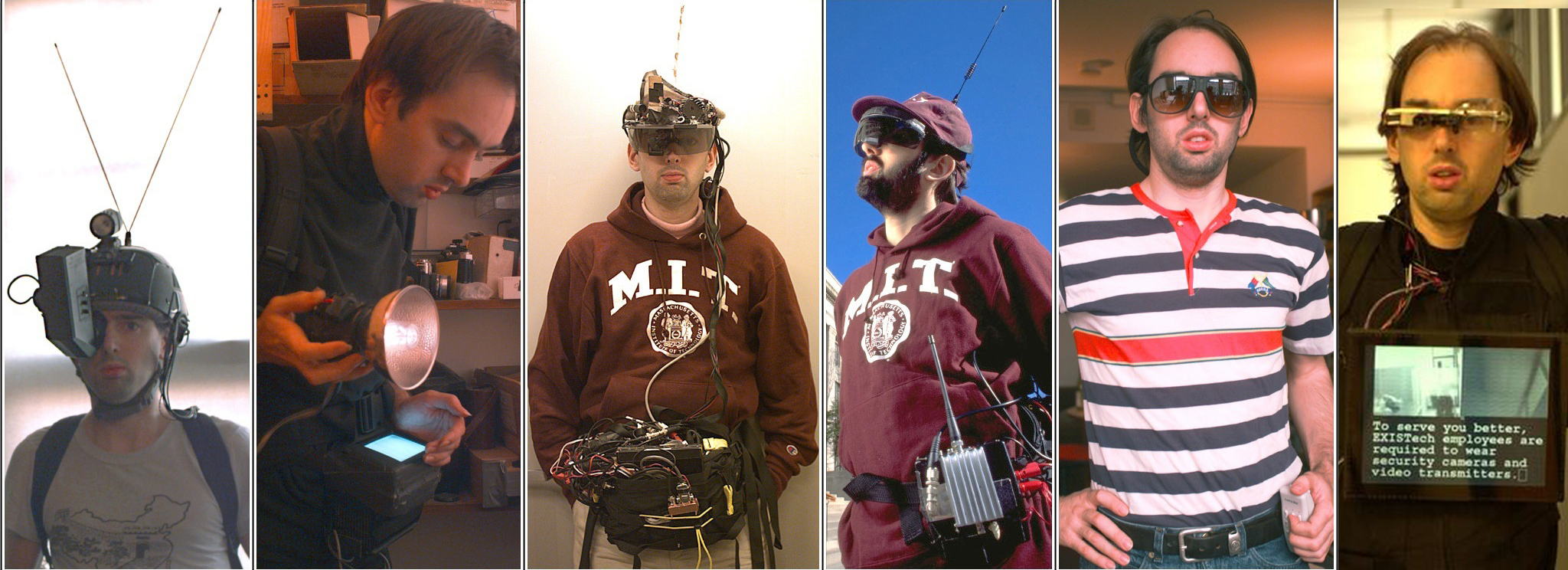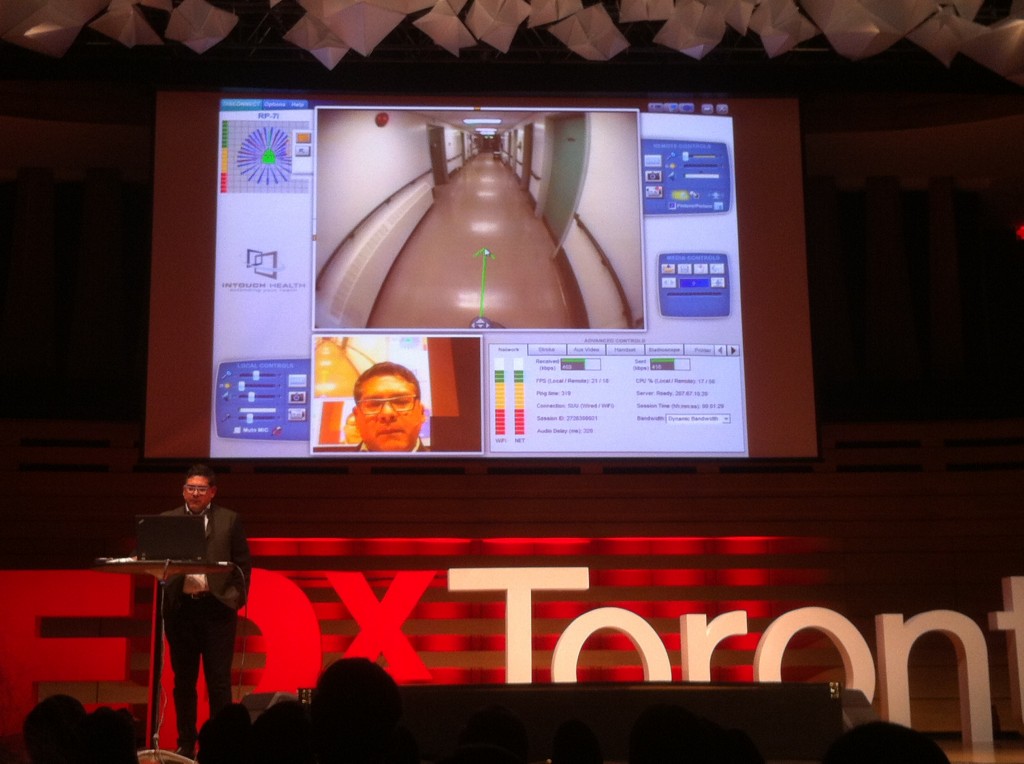
Credit via Creative Commons: Angeline Stewart
Other highlights of the day included Dr. Ivar Mendez and his robot-physician which allowed him and the audience to live-stream into a hospital in Nain, Labrador and old-school food preserving guru, Joel MacCharles, whose blog Well Preserved teaches you the kind of food tricks and preserving techniques your grandparents used back in the day.

Credit: Alex Goel
"Honesty is contagious. We inherently want to share but what holds us back is fear and shame."Award-winning Canadian musician Matthew Good discussed his bipolar disorder, which had been diagnosed later in his life. While he mentioned that music had been also influential in his life, he made clear that creativity and mental health disorders are far from co-morbid. Most importantly, he said that creative processes can be difficult to distinguish from mental health disorders, a blurred line that can make it hard to figure out when to seek help. One of the talks that had the most resonance with the audience was Mark Hennick's talk Why We Choose Suicide on how his early suicide attempts informed his work as a case manager with the Canadian Mental Health Association. He recognized how a "contraction of your perception" can overwhelm you during depression and that,
"if I knew then what I know now, it probably wouldn't change much... sometimes it's not what you know, [because] what you feel takes over."He encouraged those in the audience to do two things:
- Stop saying "commit suicide" as if it is more a criminal issue than a health one. He noted that no one has "committed suicide" since the early 1970s, when suicide was decriminalized in Canada.
- "If you're thinking about suicide, keep thinking about it. And then talking about it. And then doing something about it," was Mark's other piece of advice. By changing the way we think about suicide, we can effect change, he urged. For those contemplating suicide, he asked them to be leaders in this important conversation.
- Kay
0 comments on “TEDxToronto: The Choices We Make”